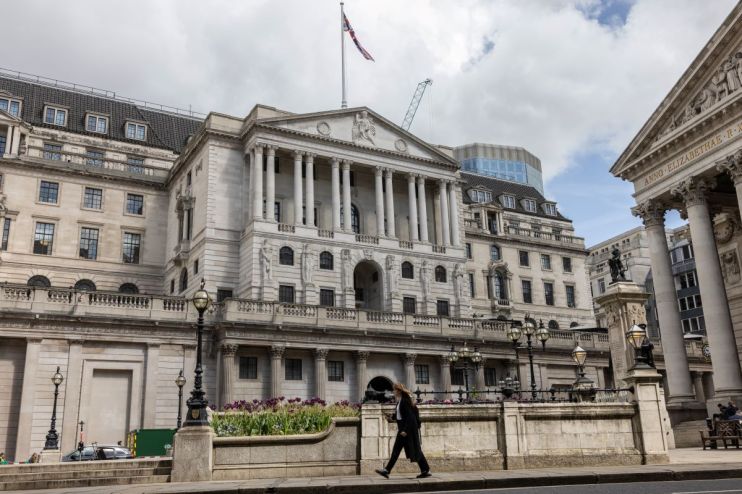Interest rates: Will Bank of England hike or hold after inflation surprise?

Inflation saw a surprise fall in August as the feared rise in fuel costs did not push up prices overall.
The figures were released just a day before the Bank of England meets to decide on interest rates and may increase the chance that rates are left on hold.
Over the past few weeks rate-setters have pointed to a few key indicators which will influence their decision, many of which seem to be moving in the right direction — albeit slowly.
In today’s data, services inflation fell to 6.8 per cent from 7.4 per cent last month. The Bank has highlighted services because it argues it is a good measure of how embedded inflation has become in the economy.
So what should the Bank do?
Business groups are warning that further rate hikes will tip the economy into an unnecessary recession and pour pain on small businesses.
“With signs that interest rate rises are starting to bite, tomorrow’s base rate decision by the Bank of England has to be the peak for rates, one way or another,” said Martin McTague, national chair of the Federation of Small Businesses.
Kitty Ussher, chief economist at the Institute of Directors, agreed.
The figures support the narrative that “the interest rate rises we have seen so far are doing their job and should be given more time to work before the Bank of England considers whether the base rate needs to rise further,” she added.
However, many economists argued that calling time on rate hikes might be premature.
Paul Dales, chief UK economist at Capital Economics, said the figures “probably won’t be enough to prevent the Bank of England from raising interest rates.”
Dales argued that wage growth remains too strong for the Bank to pause just yet. The latest figures showed that pay growth averaged 7.8 per cent in the three months to July.
Yael Selfin, chief economist at KPMG UK also argued the figures “may not sway the Bank of England away from raising interest rates tomorrow” .
The Bank will be wary of seeing a false dawn while oil prices are so high, she said. Oil prices are hovering around $95, the highest level since November 2022. This will almost certainly have knock-on effects for other sectors.
Rising oil prices could “not only slow the disinflation process further,” Selfin said, but also reverse “the decline in inflation expectations”.
So despite today’s unexpected fall in inflation, there are likely too many concerns for the Bank to leave rates on hold. But tomorrow’s rate hike — if it comes — will certainly be one of the last hikes in the cycle, if not the last.